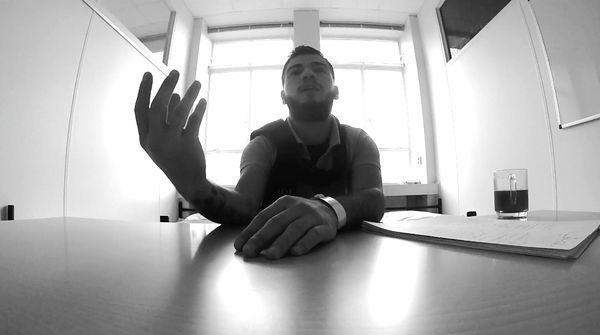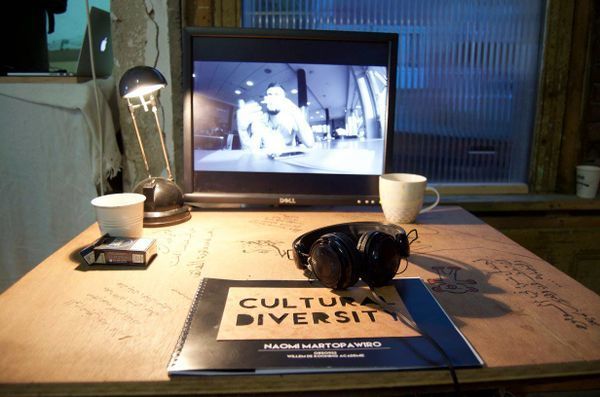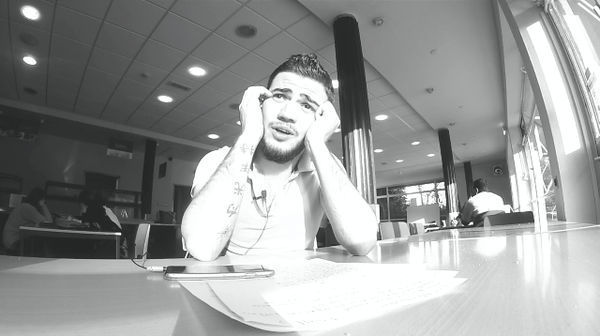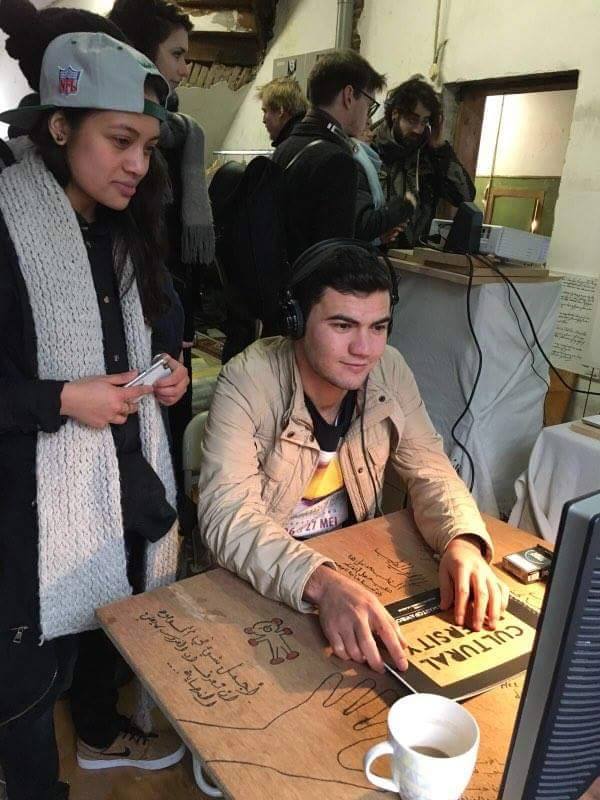Difference between revisions of "Mywriting"
| Line 17: | Line 17: | ||
My main question was: “How can I open people up to advance their empathy towards the refugee issue?” I increased my empathy for refugees by participating in a refugee center and becoming real close with one person. My installation will be an answer to this main question because it puts you in a unique situation of being in an intimate setting with a refugee. It can be your first meeting with a refugee. Experiencing a conversation in this setting can help you open up to see things from a different perspective and hopefully increase empathy for the whole refugee issue. Refugees shouldn’t be seen as a large wild chaotic group. They’re all unique people with their own stories and talents, which make them who they are. We must not forget that. | My main question was: “How can I open people up to advance their empathy towards the refugee issue?” I increased my empathy for refugees by participating in a refugee center and becoming real close with one person. My installation will be an answer to this main question because it puts you in a unique situation of being in an intimate setting with a refugee. It can be your first meeting with a refugee. Experiencing a conversation in this setting can help you open up to see things from a different perspective and hopefully increase empathy for the whole refugee issue. Refugees shouldn’t be seen as a large wild chaotic group. They’re all unique people with their own stories and talents, which make them who they are. We must not forget that. | ||
| − | [[File:Nameoffile3.jpg | + | [[File:Nameoffile3.jpg|thumbnail]] |
Revision as of 19:42, 4 March 2016
Author: Naomi Martopawiro
كتابتي - My Writing
Ayham is a 24- year old refugee from Syria. He is a theatre actor and writer of poetry and stories. The theatre used to be almost like his second home back in Syria. I met Ayham in a refugee crisis shelter in Leiderdorp. I’ve been visiting Ayham a lot these last couple of months. We kept talking about his passion for writing and at a certain point I started filming him and our conversations. I portrayed him through our honest and un-staged conversations.
"My Writing" is a small public installation consisting of a table, chair and a screen. The table contains Ayham’s signature and writings. The smoky ashtray and warm cup of coffee are bringing the installation to life. The participant takes a seat at the table. Ayham is also sitting behind tables in the documentary portrait that is playing in front of you at the screen. This will create the illusion of sitting face to face with Ayham and having a conversation with him. In this way, you will get a good impression of what I experienced during our conversations. But still keeping everything open by letting him talk and distancing myself. Ayham is a writer, but also a theatre actor. He talks with words, but also with body language. There was a big language barrier between Ayham and me. Fortunately he really knows how to express feelings with his body. His facial expressions and hand gestures tell the story that we can’t understand just by words. As Ayham says: “ Maybe I don’t understand what other people say, but I feel. The hands, the face, the eyes and the heart, they speak.
The language barrier, body language, Arabic poetry and nostalgia are some of the theme’s that are discussed in the documentary.
My main question was: “How can I open people up to advance their empathy towards the refugee issue?” I increased my empathy for refugees by participating in a refugee center and becoming real close with one person. My installation will be an answer to this main question because it puts you in a unique situation of being in an intimate setting with a refugee. It can be your first meeting with a refugee. Experiencing a conversation in this setting can help you open up to see things from a different perspective and hopefully increase empathy for the whole refugee issue. Refugees shouldn’t be seen as a large wild chaotic group. They’re all unique people with their own stories and talents, which make them who they are. We must not forget that.



